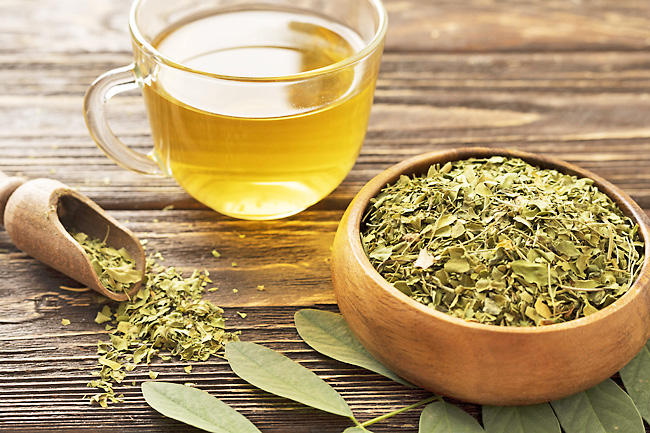Hakim Hayat
Green and black tea come from the same plant, but green tea is less processed. Because of this, it has a relatively high concentration of something called catechins. Catechins are part of a bioactive compound known as a flavonoid, which is thought to reduce oxidative stress.
Well-known for its antioxidant content, green tea has grown increasingly popular.
A variety of green tea products are available in the market, including standard tea bags, matcha powders, cold brews, and loose leaf teas with a range of flavour profiles. There are also green tea supplements made using green tea extract.
Since it has a lower caffeine content, green tea may serve as a good alternative to coffee, particularly for those who get headaches and increased anxiety levels with high caffeine intake.
Being a non-coffee drinker and coming from a family that rarely drinks coffee for breakfast, I have been an avid green tea fan since my early 20s. I can drink up to three to four cups of green tea a day, without sugar.
When I first started, green tea was not that popular. I remember some friends of mine questioned the “bitter” taste without sugar but now they have grown to be green tea lovers like me too.
Let’s explore the health benefits of green tea.

CAFFEINE AND L-THEANINE
According to Umami Insider, green tea is widely consumed in countries like Japan, which has one of the longest life expectancies in the world (via World Bank). So, there may certainly be some truth to the claim. The majority of the health benefits of the beverage are wrapped up in antioxidants known as catechins, which protect against cell damage.
Green tea contains less caffeine than black tea (via Healthline). But, it still contains a little less than a third of the caffeine content as a cup of java does (via Livestrong). As caffeine is a well-known stimulant, this in and of itself may help you focus on things if you feel like you need a brain boost. However, green tea also contains a substance called L-theanine, which is an amino acid (via Healthline). On its own, L-theanine is known to increase dopamine levels in the brain and have anti-anxiety effects. However, in concert with caffeine, these two substances can work together. Combining caffeine and L-theanine has been shown to have a doubly enhanced positive effect on brain function.
LOSING WEIGHT
According to studies, green tea may help people lose weight (but probably not enough so they can skip a workout or eat an extra piece of cake). One review from the International Journal of Obesity looked at randomised control trials where people were given a preparation of green tea. There was a small amount of weight loss, particularly for Asians, but it was unclear whether it was the caffeine, green tea or ethnicity that was responsible.
Another study from the United States (US) National Institute of Health also found that when people did lose weight through green tea, they were not drinking actual tea but preparations of concentrated green tea that are equivalent to 15 cups of normal green tea a day. Even with that high concentration, any weight loss was small and unlikely to reach the five per cent to 10 per cent of body weight needed to improve cardiovascular health.
HEART HEALTH
There is some evidence suggesting that green tea helps reduce heart health risk factors, such as by decreasing lipids and lowering blood pressure, but the trials were small and not lengthy enough to show that the tea reduced cardiovascular disease. Outcomes are still undetermined, and they shouldn’t really be translated to disease prevention.
GREEN TEA AND CANCER
In 2009, experts conducted a broad review of research undertaken by British based medical research NGO Cohrane on green tea but found insufficient evidence that it prevents cancer. Observational studies seem to show it slows the growth of precancerous lesions, but experts have been unable to establish whether or not it reduces the risk of cancer itself. Studies since the review, including a prostate and colorectal cancer randomised trial, have likewise not been able to establish a preventative effect.
KEEPING YOUR MIND SHARP
A Japanese study found that green tea is associated with a reduced risk of cognitive decline. Neither black tea nor coffee has been shown to have this effect. However, the study looked at people who were already drinking green tea, and this type of people may just have other healthy habits that keep their minds sharp.
If all this leaves you still wondering if green tea is good for you, the larger studies do share one conclusion: it does not appear to be harmful. If it’s something you enjoy, then you should have it. A cup or two of green tea with a healthy diet of fruits and vegetables is great. Research shows that there’s some potential to protect health, but do enjoy a cup of green tea anytime.



















































